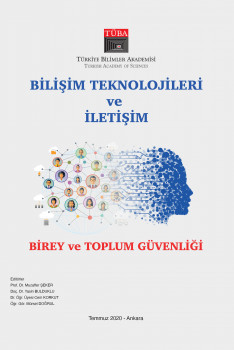Science, Technology and Power

Science, Technology and Power
Humanity has always been in search. This search is mainly about the purpose of understanding an individual’s own existence, reaching absolute existence, satisfying his/her curiosity due to his/her nature, or benefiting from the blessings of the technology s/he will obtain. This search is the driving force in the development of technology, and it continues today. Today, it is seen that the search is much more systematic, much more collective, and much faster than before. While benefiting from the results of new discoveries in an inevitable cycle, the sociological, psychological, economic, environmental, and humane aspects of technology and mostly unpredictable results have been emerging. In the late 1800s, scientists who achieved managing the control of electron currents that were invisible to the eye but affected the individual when getting in touch with an unaware that they have started a process that resulted in electricity, electronics, communication, and today’s information technologies while thinking that they had found a new form of energy transfer, a new lighting device. Artificial intelligence, which is one of the keywords of today’s fast and prevalent communication tools, should be evaluated as the result of the process that started with Edison’s ability to control the current that burns the light bulb. On the other hand, it is observed as the results that the world has learned to base on the experiences that technological development can cause different problems from climate change to deterioration of social balance when it is used uncontrolled and only for economic concerns. It is now a concrete necessity to consider technological developments in many aspects, to evaluate communication technologies in the field of social sciences on a wide scale, to study environmental and sociological effects in advance. Information technology and communication keep widespread use in larger areas from urban development to transportation, from health technologies to the energy sector. It should also be underlined that these tools make important contributions to the processes of scientific developments, strategy formulation, and policy-shaping. The point that science and technology have reached has become the basic element of managing and directing today. The proper use, effective management, and control of these tools come to the fore as the main issue that needs to be discussed.
